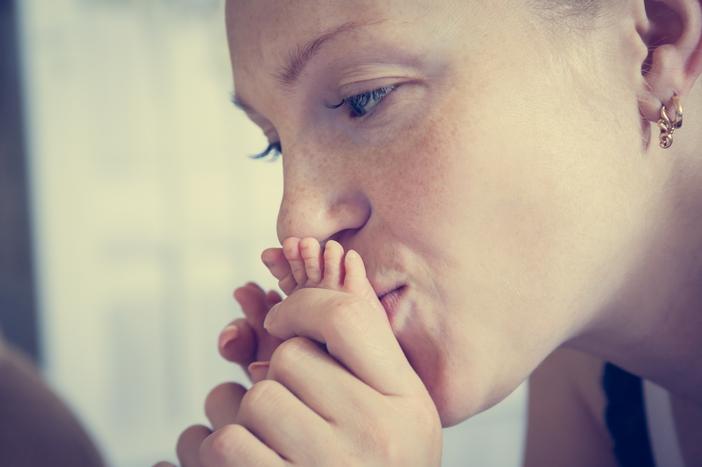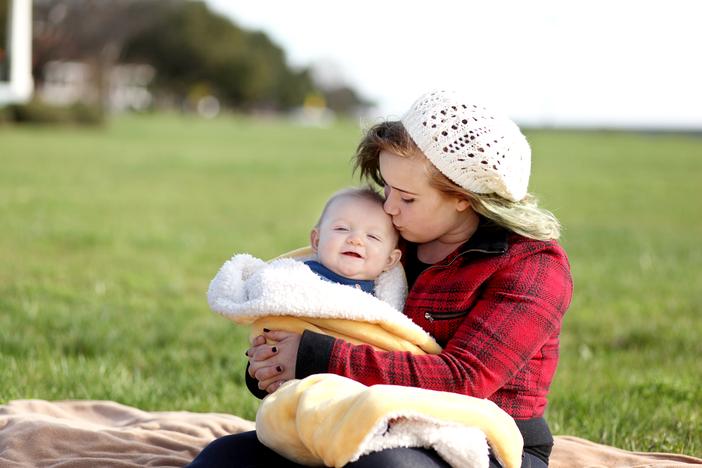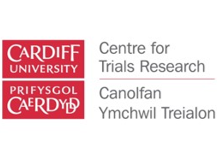CONCLUSIONS
We found statistically significant differences between FNP Clients and Controls on five of the 39 tested outcomes assessed. Formally adjusting to account for the large number of comparative tests reduces these to two programme effects: exposure to second hand smoking and breastfeeding at 10-14 days. As the study used only routine data, other outcomes of relevance to FNP could not be assessed but remain of importance.
publications
Cannings-John R, Lau M, Lugg-Widger F, Paranjothy S, Pell J, Sanders J, White J, Robling M. Evaluation of the Family Nurse Partnership in Scotland: A natural experiment using routine data. 8th October 2024. Click here
Cannings-John R, Lugg-Widger F, Lau M, Paranjothy S, Pell J, Sanders J, White J, Robling M. Family Nurse Partnership evaluation: methods and process. 27th Jan 2020 Scottish Government. ISBN: 9781839604522 Click here
Lugg-Widger F, Robling M, Lau M, Paranjothy S, Pell J, Sanders J, White J, Cannings-John R. Evaluation of the effectiveness of the Family Nurse Partnership home visiting programme in first time young mothers in Scotland. International Journal of Population Data Science. March 2020 DOI: 10.23889/ijpds.v5i1.1154 Click here







